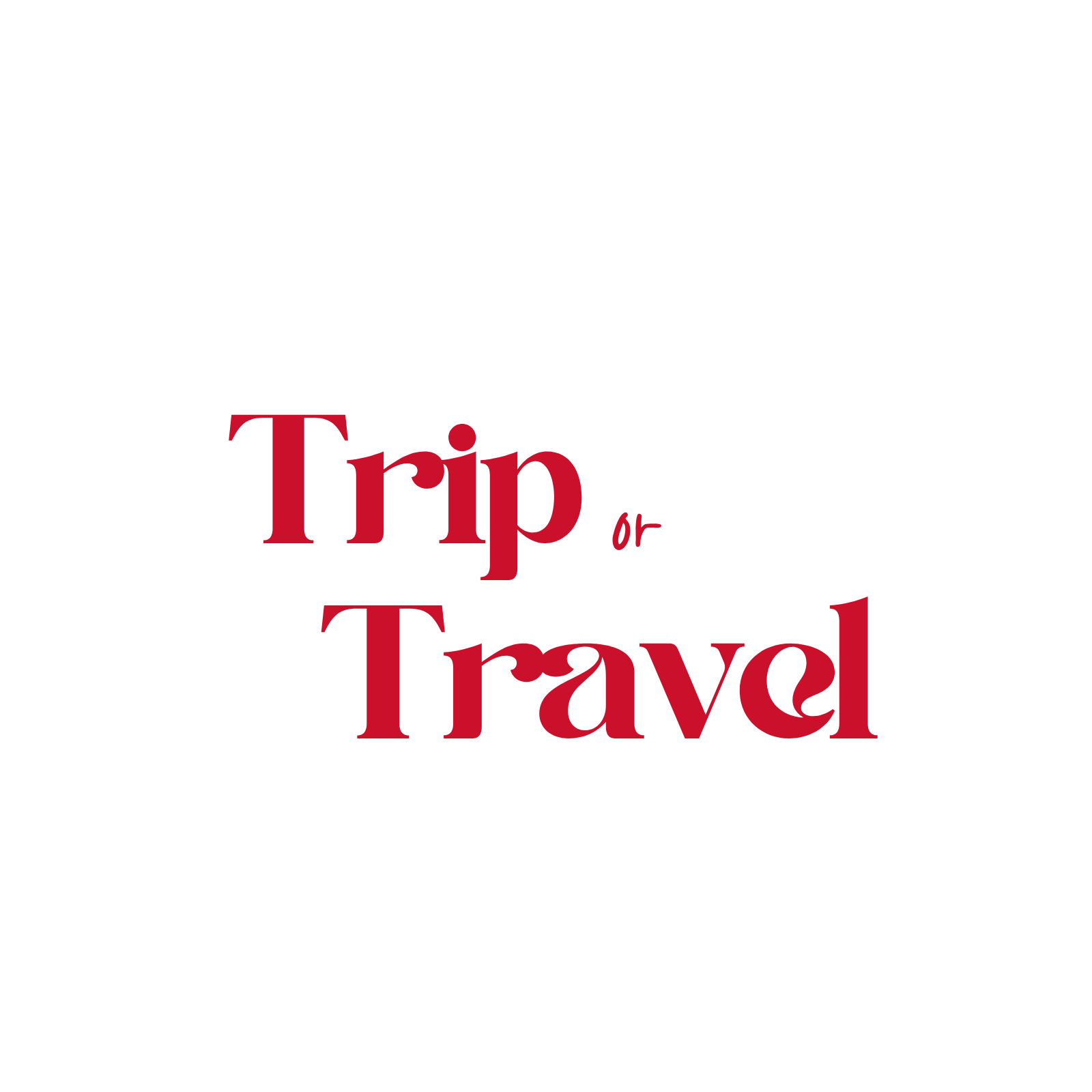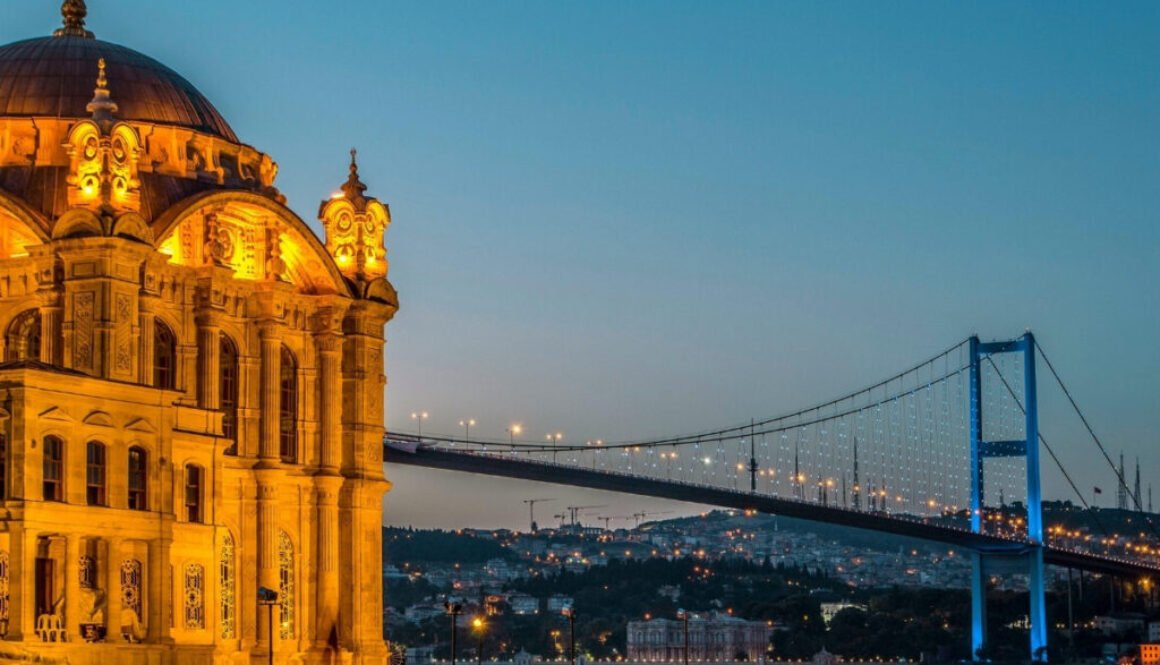Visiting Turkey? Must know things…
Turkey is one of the most visited countries in the world. Visiting Turkey? Must know things
It offers a mix of Europe and Asia, ancient ruins, beaches, mosques, and mouth-watering kebabs. But before you pack your bags, there are some important things to know before visiting Turkey. This blog shares everything you should be aware of to enjoy your Turkish adventure without stress. Visiting Turkey? Must know things
1. Always Carry a Scarf or Shawl
One of the most important things to know before visiting Turkey is that modest clothing is expected in certain places.
Women should carry a scarf to cover their heads when entering mosques.
It’s also handy for sun protection or unexpected weather changes.
This shows cultural respect and can be used in many situations.
2. Turkish Lira is the Main Currency
The currency in Turkey is the Turkish Lira (₺).
Carry some cash for small shops and taxis.
Most big places accept cards, but smaller local spots often don’t.
Avoid exchanging money at airports—use local exchange shops for better rates.
3. Learn Basic Turkish Words
English is spoken in tourist spots, but knowing a few Turkish words is helpful:
Merhaba (Hello), Teşekkür ederim (Thank you)
Evet (Yes), Hayır (No)
Locals appreciate the effort and may treat you even more warmly.
4. Respect the Dress Code
Turkey is a modern country, but it still has conservative values:
Wear modest clothes, especially in rural areas or religious sites.
Women should avoid revealing tops; men should avoid sleeveless vests.
In mosques, women must cover their heads and shoulders.
5. Friday is a Holy Day
Friday is the main prayer day for Muslims.
Mosques may be busier than usual.
Some stores or cafés may open late or close early.
Plan visits to religious places during other days to avoid crowds.
6. Turkish People Are Very Hospitable
One of the important things to know before visiting Turkey is that locals are extremely warm.
You may be offered tea in a shop—it’s not always a sales trick.
They enjoy helping tourists and love sharing their culture.
A smile and simple thank you go a long way.
7. Don’t Miss the Local Food
Turkish food is delicious and affordable.
Must-tries: Kebabs, Pide (Turkish pizza), Meze, Simit, and Baklava
Street food is safe, clean, and tasty.
Tap water isn’t always drinkable—stick to bottled water.
8. Bargaining is Normal
In local markets and bazaars, bargaining is expected.
Start low and increase slowly.
Smile while negotiating—it makes a big difference.
Don’t feel pressured to buy if you’re unsure.
9. Public Transport is Easy and Affordable
Getting around is simple and cheap.
Use Istanbulkart for metros, buses, trams, and ferries.
Taxis are available, but confirm fare or use the meter.
Walking is a great way to explore cities like Istanbul.

10. Sim Cards & Internet Access
Buy a local SIM card for data and calls.
Turkcell and Vodafone have tourist-friendly packages.
Internet is useful for booking rides, translating signs, and finding directions.
Wi-Fi is available in most hotels and cafés.
11. Be Aware of Local Customs
Respecting traditions is one of the important things to know before visiting Turkey:
Take off shoes before entering mosques or some homes.
Avoid loud behavior or PDA in public, especially in rural areas.
Always ask permission before photographing people.
12. Best Time to Visit
Timing your trip right can improve your experience:
Spring (Apr–June) and Autumn (Sept–Nov) are ideal.
Summers can be hot, especially in southern Turkey.
Winters are cold but great for visiting Cappadocia in snow.
13. Visit Both Europe and Asia
Istanbul connects Europe and Asia in one city!
Take a ferry across the Bosphorus for amazing views.
Explore both the European and Asian sides—they feel very different.
It’s a great way to see two continents in one trip.
14. Travel Insurance is Important
Don’t skip travel insurance—it’s essential.
Covers medical needs, stolen bags, or delays.
Useful for adventure trips like hot air ballooning or hiking.
Medical care is good but can be costly without insurance.
15. Tourist Scams Exist—Be Alert
Turkey is mostly safe, but some scams can happen:
Be careful of people offering random help or overpriced souvenirs.
Avoid accepting free things from strangers.
Keep your phone, wallet, and bag secure in crowded areas.

✨ Bonus Tips:
Bring tissues for public toilets—many don’t offer paper.
Carry a plug adapter (Type F) for charging devices.
Most museums are closed on Mondays—plan accordingly.
Always have Google Translate or a translation app ready.
Also read
Steps if you lose your passport

